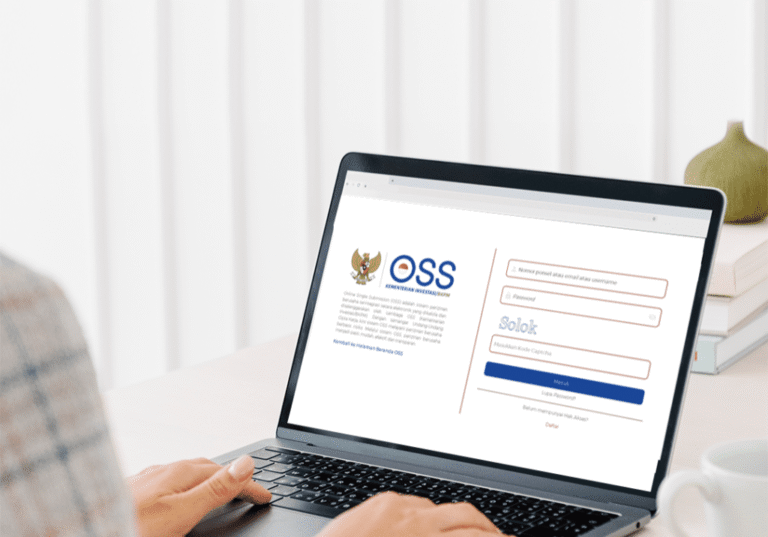Bali’s export potential is gaining attention as the island looks to reduce its dependence on tourism and build a more resilient economy. Long reliant on the tourism sector, Bali’s economic stability has suffered from global and national disruptions. In response, stakeholders are promoting other industries such as agriculture, fisheries, and especially exports, as key drivers of sustainable growth.
Strengthening Bali’s Export Potential Through Local Products
Export opportunities from Bali are growing, particularly in sectors outside of tourism. “Seaweed products, for example, have significant potential in Bali,” said Nailul Huda, Director of Digital Economy at the Center of Economic and Law Studies (Celios), during a forum in Denpasar, as reported by bisnisbali.com.
Huda also highlighted the need to revive the promotion of Balinese handicrafts. These products once boomed in international markets but now face fierce competition from other countries. Promoting these crafts again, through improved marketing and quality standards, could help Bali strengthen its export portfolio.
He suggested three main strategies for boosting exports: partnering with embassies in target countries to promote Bali’s products, using tourist visits as marketing opportunities, and identifying stable markets that align with Bali’s strengths. “In the future, seaweed can be targeted. It has no connection to tourism. It can be processed in Bali and exported abroad,” he added.
Supporting MSMEs to Reach Global Markets
Micro, small, and medium-sized enterprises (MSMEs) play a critical role in Bali’s export growth. Many of them already sell their products abroad but still need guidance in areas like design and production. “There are many MSMEs in Bali that have actually gone international. However, they still need support in design, production, and other areas,” said Agung Bagus Pratiksa Linggih, Chairman of the Indonesian Young Entrepreneurs Association (HIPMI) Bali.
HIPMI Bali is collaborating with the Ministry of Trade to support MSMEs. By joining HIPMI, local business owners can better channel their concerns to the government. “I invite MSMEs in Bali to join HIPMI so their interests can be accommodated by the government. MSMEs need to be in groups. The government cannot support individuals,” Linggih explained.
HIPMI currently has 700 members and is aiming to grow to 1,000. The organization believes that Bali’s position as Indonesia’s gateway to the world can help local entrepreneurs compete globally.
Read More: Puan Supports Bali’s 90% Local Workforce in Tourism Policy
New Opportunities in International Trade
Bali is increasingly tapping into international trade opportunities through strategic cooperation. The Ministry of Trade is focusing on three core programs: protecting the domestic market, expanding export markets, and helping MSMEs export under the program “MSMEs Can Export.”
“The Ministry of Trade will make special efforts to promote a pro-MSME ecosystem through the MSMEs Can Export program. It provides access and support for MSMEs in areas such as training, marketing, and financing,” said Deputy Minister of Trade Dyah Roro Esti Widya Putri, as cited by fajarbali.com.
Fashion, furniture, cosmetics, and food and beverage are just some of the Balinese products ready for global markets. Trade agreements and diplomatic support, especially during national celebrations at Indonesian embassies worldwide, can help elevate the profile of Balinese products abroad.
MSMEs Export Program Expands Reach
The MSMEs Can Export program also opens new channels for promotion. The annual Trade Expo Indonesia (TEI) is one such platform, giving outstanding MSME products exposure to international buyers. Business owners are also encouraged to connect with Indonesia’s trade representatives overseas to maximize their market reach.
During her visit to Bali, Dyah Roro reviewed MSME products including jewelry, wood, and rattan crafts. She praised the creativity of Balinese entrepreneurs, especially those involved in the Association of Indonesian Shopping Center Managers (APPBI) Bali. “We appreciate HIPMI Bali, especially those affiliated with APPBI Bali. Through this association, many creative entrepreneurs in Bali have successfully gone international,” she said.
Toward a Resilient and Diverse Economy
Diversifying Bali’s economy is no longer optional. Export-led growth can buffer against tourism downturns and create a more balanced economic future. According to Professor Dr. Ida Bagus Raka Suardana from Universitas Pendidikan Nasional, comprehensive strategies are essential.
These include product innovation, quality enhancement, and adoption of new technologies.
Fiscal incentives like the Import Facility for Export Purpose (KITE) help reduce production costs, especially for small industries. Meanwhile, market diversification and strong cultural branding position Balinese exports as premium global products.
Collaboration among the government, businesses, and educational institutions will further increase human capital and market research. With consistent efforts, Bali’s export potential has a strong chance of building an economy that stands firm beyond the tides of global tourism.
Read More: Bali’s Tourism Surge Drives Strong Business Growth in Q3 2024
Ready to Grow Your Business in Bali?
Now is the perfect time to tap into new opportunities. At Seven Stones Indonesia, we make business setup easy, from handling documents and licenses to connecting you with the right local partners.
Reach out via WhatsApp or fill out our contact form to get started. Let’s bring your business vision to life and make the most of Bali’s thriving market, together.
Source: bisnisbali.com, fajarbali.com
Image: Getty Images

















